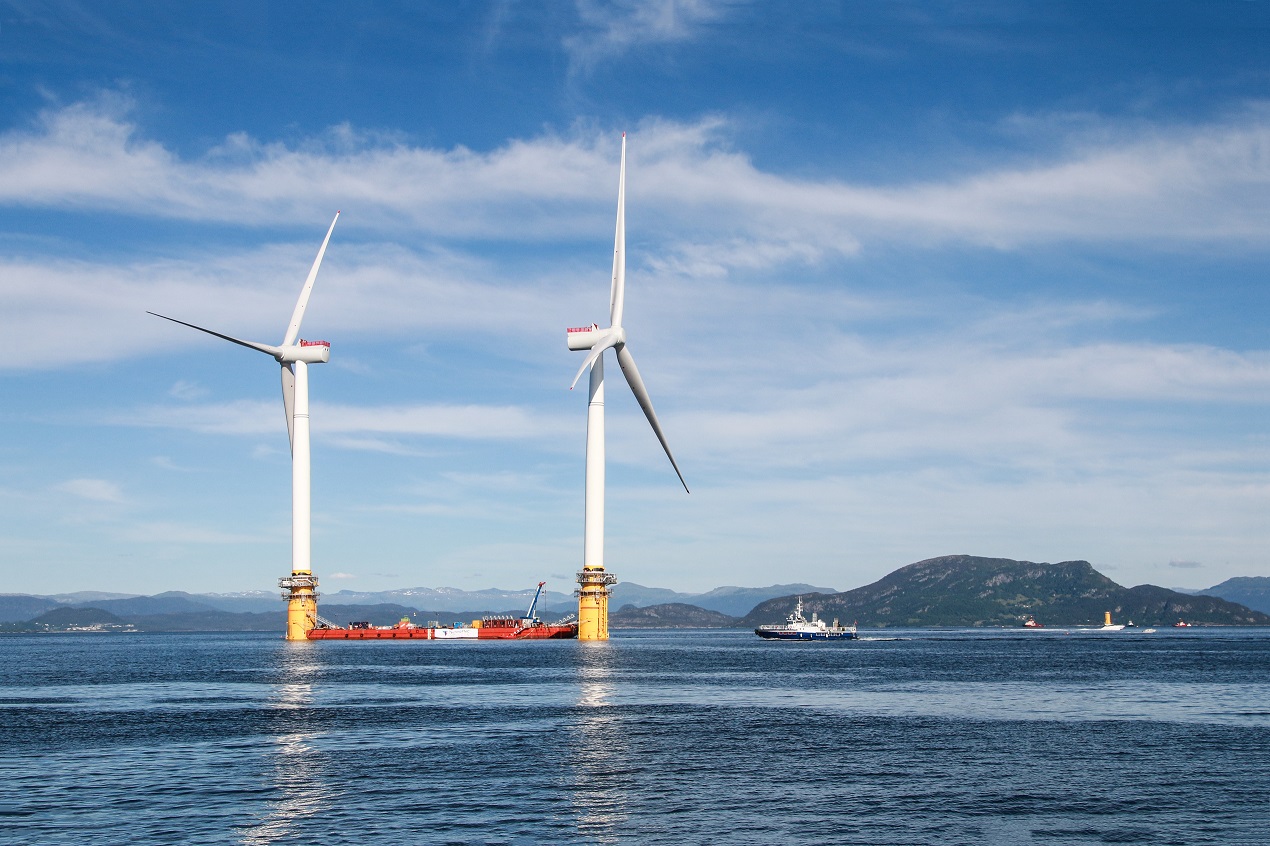ESG Knowledge Update
Published on 30th October 2023
Welcome to our Osborne Clarke ESG Knowledge Update, which offers a round-up of legal, regulatory and market news

Legal and regulatory news
European Union
The European Commission is consulting on a comprehensive assessment of the Sustainable Finance Disclosures Regulation, aiming to provide a report in Q2 2024. The Commission is exploring how the SFDR has been implemented in practice and what potential shortcomings need fixing. It is particularly concerned about greenwashing, with the Commission's view being that market participants have used the regime to label investment products rather than provide transparency in the manner it envisaged.
An attempt by some MEPs to block the introduction of the new European Sustainability Reporting Standards was defeated in the European Parliament. The ESRS will be mandatory for use by companies that are required by the Accounting Directive, as amended by the Corporate Sustainability Reporting Directive, to report certain sustainability information, with the first wave of listed companies needing to comply from 2024. A useful set of Q&As from the Commission on the ESRS is here.
Perhaps unrelated to this opposition from some in the Parliament, the Commission has as part of its 2024 work programme proposed postponing the deadline for the adoption of the sectoral ESRS (currently June 2024) by two years, so reducing the reporting burden for in-scope companies, including SMEs.
The European Parliament's Economic and Monetary Affairs Committee produced a draft report on the European Commission's legislative proposal for a Regulation on the transparency and integrity of ESG rating activities.
The European Securities and Markets Authority published a data-driven analysis of ESG names and claims in the EU fund industry, analysing the extent of ESG language across funds’ regulatory documentation and marketing material from a dataset of more than 100,000 documents. Unsurprisingly, ESMA finds that its work supports recent efforts by policymakers to ensure that EU funds’ names and disclosures accurately reflect their activities.
UK
The Financial Conduct Authority published proposals to increase diversity and inclusion in the financial services sector, including making rule changes to accelerate the pace of change on D&I. This would include a minimum standard requirement on non-financial misconduct for certain Financial Services and Markets Act-regulated firms, and additional requirements for firms with 251 or more employees, including data reporting, D&I strategies, data disclosure, target setting, and risk and governance requirements, as we discuss here.
The Competition and Markets Authority published its final 'green agreements guidance'. The document explains how competition law applies to environmental sustainability agreements between firms operating at the same level of the supply chain, to help them act on climate change and environmental sustainability. The Financial Conduct Authority welcomed the CMA's guidance and will have regard for it in the application of its concurrent competition powers.
The Department for Energy Security and Net Zero started a consultation on the costs, benefits and practicalities of Scope 3 greenhouse gas emissions reporting in the UK, following the issuing earlier in the year of the International Sustainability Standards Board's inaugural standards for sustainability-related disclosures. DESNZ is seeking views on 'the costs, benefits and practicalities of Scope 3 greenhouse gas emissions reporting to help inform the government’s decision on whether to endorse the ISSB standards in the UK'.
The Transition Plan Taskforce – a cross-sector body tasked by HM Treasury with developing a gold standard for best practice climate transition plans – published its final form 'disclosure framework' together with a plethora of supporting guidance, mapping to other disclosure frameworks and sector summaries to enable businesses to 'build your own transition plan'.
International
The Task Force on Climate-related Financial Disclosures published its sixth status report. The report describes companies' progress in making climate-related financial disclosures and highlights some of the challenges they face in making these disclosures, including in relation to incorporating climate-related risks into their financial statements. It also provides an update on significant actions taken by governments, regulators and standard setters to use the TCFD recommendations in developing climate-related disclosure requirements. Amongst its findings are that 97 of the 100 largest companies in the world have declared support for the TCFD, report in line with the TCFD recommendations, or both.
This is the TCFD's final status report, and the TCFD now disbands. The ISSB released its climate-related and general sustainability-related disclosure standards, based on the TCFD recommendations, in June 2023. Starting in 2024, the ISSB will assume responsibility for monitoring companies' climate-related disclosures.
The Taskforce on Nature-related Financial Disclosures published its final disclosure framework, providing guidance for organisations when reporting on nature-related risks. It recommends that businesses disclose the nature-related risks and opportunities relating to their governance, strategy, risk and impact management and metric and targets. The recommendations are built on those of the TCFD and are consistent with the global sustainability standards of the ISSB.
Market news
The UK-based Carbon Trust is no longer offering carbon neutral verification…the UK Law Society has published guidance for lawyers providing advice to companies on climate risk governance and greenwashing risks…the UK Advertising and Standards Authority has taken action against two advertisers in relation to hydrogen-related claims… nature tech is a growing category within the estimated $40 billion a year climate tech venture capital market, says a new report from Nature4Climate…a summary of the announcements made at New York City Climate Week…there's a green hiring boom according to Totaljobs.
Not strictly market news, but readers who have reached this far may be interested to see that both the EU and UK have recently launched renewed 'red tape reviews'. The Commission has started a call for evidence to gather feedback on 'burdensome reporting requirements' and the UK Department for Business and Trade is interested in views on 'smarter regulation and the regulatory landscape'.
Our International ESG team members: James Watson and Lars Kutzner
James and Lars are the co-leads of our international ESG service line.
James is a partner in the projects team in London and Osborne Clarke's Head of Decarbonisation. He advises on the development of sustainable infrastructure, challenges connected to funding the transition to net zero carbon, the decarbonisation of transport and tackling the carbon challenge. He helps clients with developing and implementing their ESG strategy for their internal operations as well as compliantly communicating it externally within a larger framework of good corporate governance.
Lars is a partner in the Disputes & Risks team in Berlin. He is an expert in white collar crime and supports clients navigating all types of criminal and administrative investigations by supervisory authorities, tax and customs investigators, public prosecutors or courts. Lars provides compliance management services and assistance through all types of crises. He helps clients develop a proactive ESG strategy that puts good governance at the centre of their business operations to mitigate risk and capitalise on opportunities.
Recent ESG publications from Osborne Clarke
- Activists look for new ways to bring climate change-related litigation to English courts
- Five ESG 'top tips' for businesses in the UK and EU
- Our weekly Energy Transition newsletter
- The UK Financial Conduct Authority's proposed D&I rulebook changes
- The EU's legislative initiative in greenwashing and green claims
- The UK CMA's green agreements guidance






